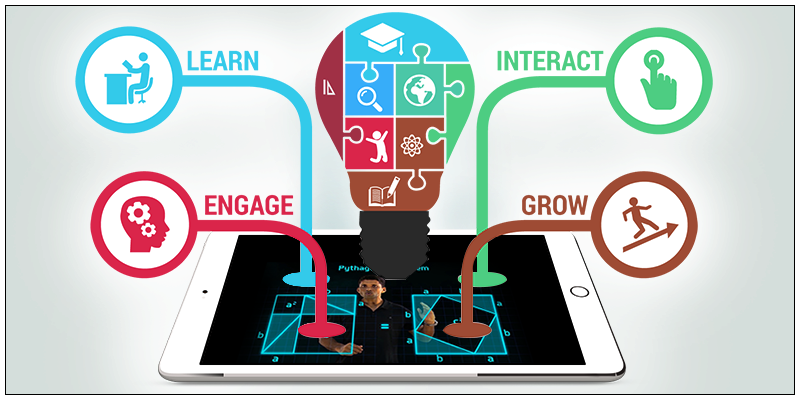For entire violin singapore learning needs, you should look for Learn Violin Lessons. They will ensure that you get quality services for an affordable price. They will help you meet your violin learning needs without any hassles and spending a fortune. The platform will help you learn violin in the right manner.
Learn Violin Lessons will offer you quality-learning techniques for meeting your violin learning needs. They will not rush with violin lessons until you have mastered the previous lessons. They will help you learn violin at your own pace. Learn Violin Lessons will help you learn how to play violin in an easy and hassle-free manner.







